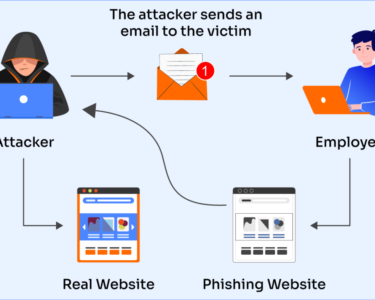Digital Defense Essentials
In the digital age, protecting your online presence is paramount. With threats such as malware, phishing, and cyberbullying on the rise, it’s crucial to implement robust digital defense measures to safeguard your data, privacy, and reputation. Here are some essential steps to enhance your digital security:
1. Use Strong Passwords:
Create complex passwords that are difficult to guess. Avoid common words, personal information, or easily predictable sequences. Use a password manager to generate and securely store strong passwords.
2. Enable Two-Factor Authentication:
Add an extra layer of security by enabling two-factor authentication (2FA). When logging into accounts, you’ll be required to provide a code sent to your phone or email, even if your password is compromised.
3. Keep Software Up to Date:
Regular software updates patch vulnerabilities that can be exploited by malicious actors. Install updates promptly for operating systems, browsers, and other software to minimize security risks.
4. Be Cautious of Suspicious Emails and Links:
Phishing scams attempt to trick you into revealing sensitive information. Be wary of emails or links from unknown senders or those requesting personal data. Hover over links before clicking to verify their destination.
5. Use a Firewall and Antivirus Software:
Firewalls block unauthorized access to your computer, while antivirus software detects and removes malware. Ensure these protections are enabled and regularly updated.
6. Back Up Your Data:
Regularly back up your important files to an external hard drive or cloud storage. In the event of a cyberattack or device failure, you’ll have a secure copy of your data.
7. Control Social Media Privacy:
Review your social media privacy settings and limit the information you share publicly. Be selective about who you follow and grant access to.
8. Be Aware of Social Engineering Attacks:
Social engineering involves manipulating people into revealing sensitive information. Be cautious of requests for personal data, urgent requests, or offers that seem too good to be true.
9. Educate Yourself:
Stay informed about current cybersecurity threats, best practices, and emerging technologies. Attend webinars, read security blogs, and engage in online discussions to enhance your knowledge.
10. Monitor Your Online Presence:
Use online reputation management tools to monitor your digital footprint and identify potential threats. Regularly check for mentions of your name or organization online.
Conclusion:
By implementing these digital defense essentials, you can significantly enhance your online security. Remember to stay vigilant, be proactive, and educate yourself to protect your digital assets from malicious attacks. Embracing a comprehensive approach to digital defense empowers you to navigate the online world confidently and securely.



